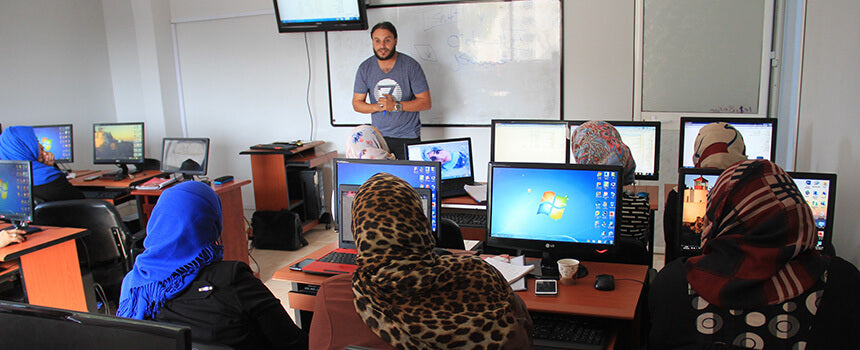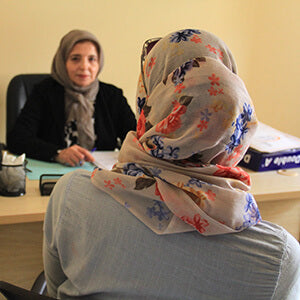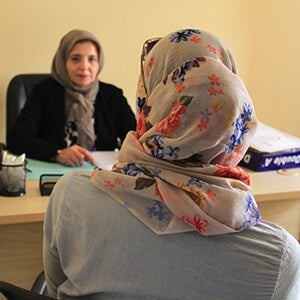Day 19
One hour of computer or English course for a woman in Libya
 Learning for a better life Learning for a better life
Learning for a better life Learning for a better life


Empowering women and girls in civil war-torn Libya

need
Educational opportunities for socially disadvantaged women and girls in Libya.
activity
The partners of AMICA eV offer free English and computer courses for women and girls in their counseling centers.
Measurable performance
Number of girls and women who take an English or computer course and complete it with a certificate.
Result
Disadvantaged women and girls in Libya have greater self-confidence and are more stable in their everyday lives and in their professional situation.
Systemically relevant impact
Women have a stronger position in Libyan society. Awareness about gender-based violence is beginning to change.
background


The good deed
AboutLibya
Tripoli
Capital city
6 293 300
Population

5 193
Gross domestic product
per capita per year
102
Human Development Index
(Human Development Index)



